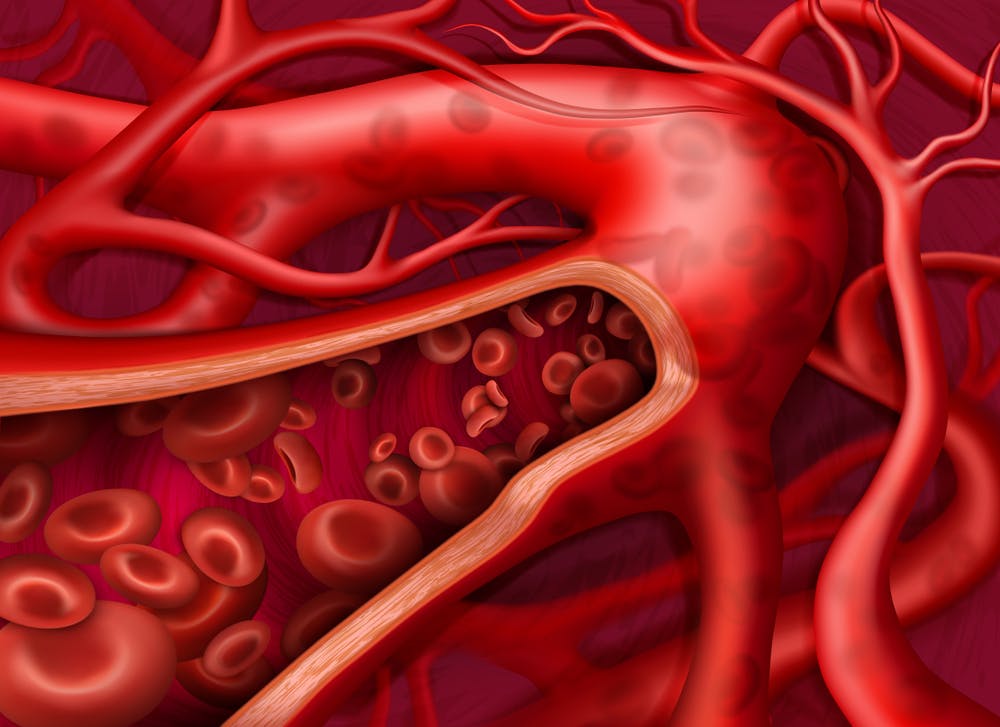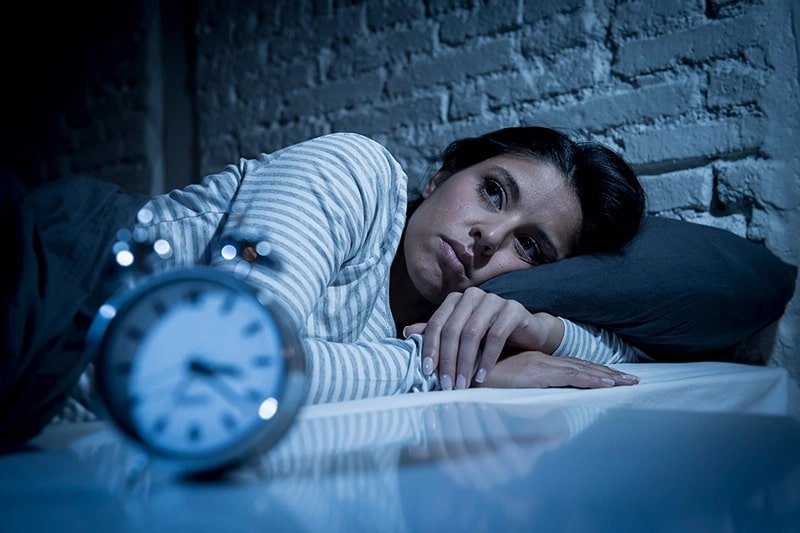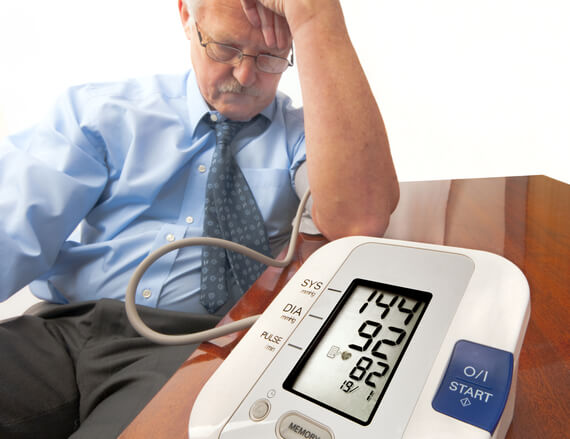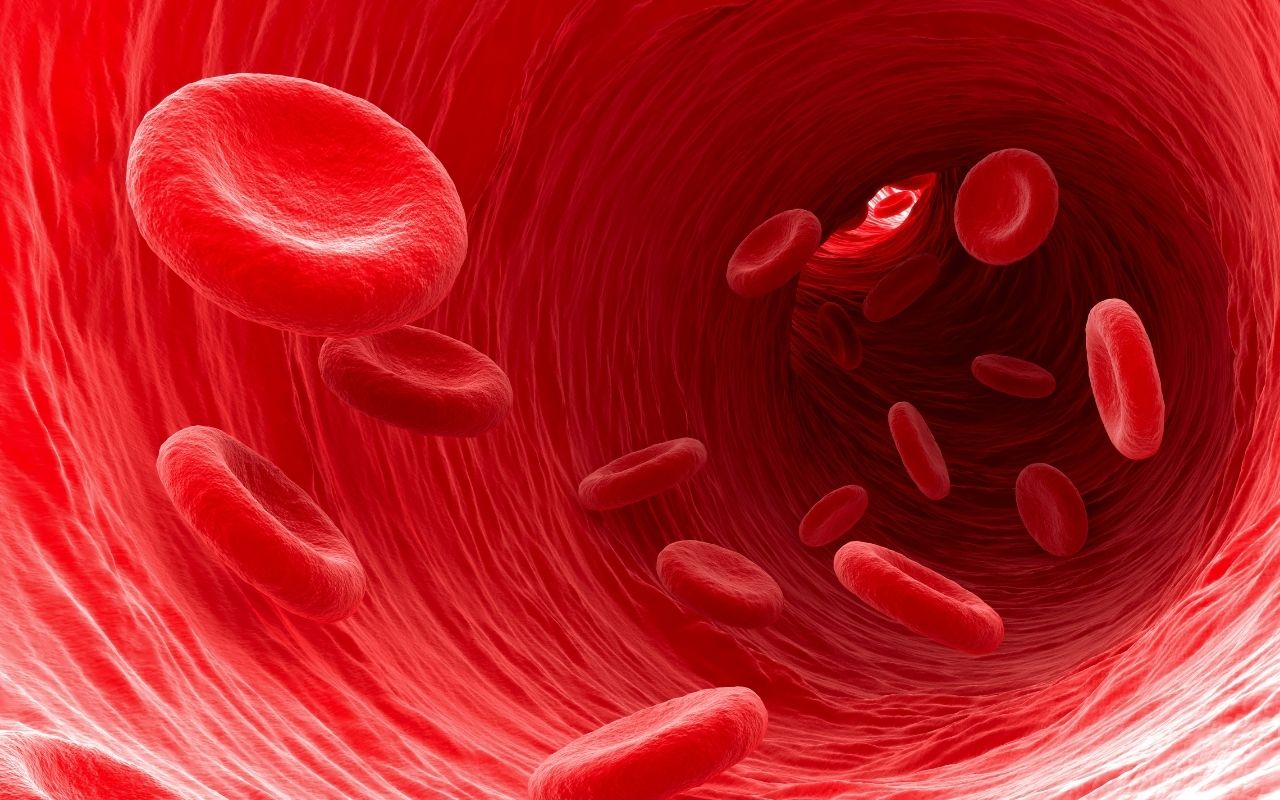In this article, we’ll explore the true secrets behind good sleep, as explained by experts. These aren’t just generic tips but science-backed principles to help you sleep deeper, wake up refreshed, and feel fully recharged every morning.
What Is Considered Good Sleep?
Not all sleep is equal. According to sleep experts, quality sleep must meet the following criteria:
- Falling asleep within 15–20 minutes
- Staying asleep through the night with minimal interruptions
- Waking up on time feeling refreshed and alert
- Completing enough full sleep cycles (typically 4–6 cycles per night, ~90 minutes each)
- Having few or no nightmares or mental disturbances during sleep
Good sleep is not just about quantity—it’s about quality and how restorative it is for the body and mind.
Why You Might Struggle to Sleep Well
Before diving into how to improve sleep, let’s examine the common reasons people struggle with good sleep:
- Chronic stress and anxiety: Work, finances, family, or personal issues often keep the mind overly active, preventing relaxation and deep sleep.
- Disrupted circadian rhythm: Inconsistent sleep schedules, late nights, and frequent bedtime changes disrupt your biological clock, making it harder to fall asleep naturally.
- Overuse of electronic devices: Blue light from phones, computers, and TVs suppresses melatonin—the sleep hormone—interfering with sleep readiness.
- Poor eating habits: Heavy meals, caffeine, alcohol, and sugary drinks in the evening overwork the digestive system and reduce sleep quality.
- Physical inactivity: People who sit all day and don’t burn enough energy often struggle to fall into deep sleep at night.

Some causes that make it difficult for you to get a good sleep
Expert-Backed Secrets to Achieving Good Sleep
Maintain a consistent biological clock
Going to bed and waking up at the same time every day—even on weekends—helps regulate your sleep-wake cycle. Experts recommend sleeping before 11 PM to align with the body’s natural melatonin production peak (10 PM to 2 AM).
Implement a “cool down” routine
Good sleep starts 1–2 hours before bedtime. Create a routine that signals your body it’s time to rest:
- Turn off screens at least an hour before bed
- Take a warm shower to relax muscles and nerves
- Listen to calm music, read a paperback, or journal
- Try deep breathing, meditation, or gentle yoga
Eat to support sleep
Certain foods naturally boost melatonin and serotonin production:
- Bananas: rich in magnesium and tryptophan
- Warm milk: high in calcium and tryptophan
- Oats: contain natural melatonin
- Walnuts, almonds, chia seeds
- Herbal teas: chamomile, lotus seed, peppermint
Avoid eating too much, especially fried, sugary, or spicy food in the evening.
Optimize your sleep environment
- Keep room temperature between 22–26°C (72–78°F)
- Ensure the room is dark, quiet, and well-ventilated
- Use clean, comfortable bedding
Avoid bright alarm clocks or loud ticking near your bed
Address mental stress at its root
If racing thoughts keep you awake, try:
- Writing down your worries before bed
- Planning your next day to offload mental tasks
- Practicing mindfulness or focusing on your breath
Good sleep is impossible when the mind is overwhelmed.
Bad Habits That Sabotage Good Sleep
Even if you follow the right sleep tips, these common bad habits could be silently ruining your sleep quality:
Drinking caffeine or tea after 4 PM
Caffeine is a powerful central nervous system stimulant that remains in the body for 6–8 hours after consumption. Drinking coffee, strong tea, energy drinks, or chocolate in the afternoon or evening can:
- Prolong the time it takes to fall asleep
- Reduce total sleep duration
- Inhibit the production of melatonin – the hormone that induces sleepiness
- Cause you to wake up in the middle of the night or have shallow sleep
Solution: If you enjoy coffee or tea, switch to decaffeinated versions and consume them before 2 p.m. to minimize their impact on your sleep.
Exercising too late in the evening
Physical exercise is one of the effective ways to help you fall asleep more easily. However, if you exercise too late, especially with intense workouts like gym sessions, sprinting, or HIIT, your body will release adrenaline and cortisol — stimulating hormones that keep you alert and make it harder to relax.
- An elevated heart rate and increased body temperature will delay the process of falling asleep.
- Some people may feel overly “excited” and find it difficult to sleep.
Solution: It’s best to finish exercising at least 2–3 hours before bedtime. If you want to engage in light activity in the evening, choose relaxing yoga or a gentle walk.
Watching stimulating content before bed
Watching action movies, horror films, or emotionally intense content (negative news, debates, violent material) can:
- Activate the sympathetic nervous system, making you feel more stressed
- Cause obsession, leading to frequent dreams, nightmares, or even bad dreams
- Increase heart rate and inhibit the brain’s natural relaxation process
Solution: Instead of entertaining yourself with stimulating content, you can read a gentle paper book, listen to meditation music, relaxing podcasts, or write a journal before going to bed.
Napping too long or too late
Taking a nap is a good habit, but sleeping too long (over 30 minutes) or napping too late in the day can reduce your body’s need for sleep at night.
- It disrupts your natural biological rhythm
- Reduces the feeling of sleepiness in the evening
- Causes difficulty falling asleep and restless nights
Solution: Limit naps to about 15–30 minutes, ideally before 2 p.m. If you feel tired, you can rest by relaxing your body instead of sleeping deeply.
Bringing work into bed
Many people have the habit of replying to emails, planning, and checking spreadsheets… right in bed before going to sleep. This inadvertently causes the brain to associate the bed with work, pressure, and alertness, instead of relaxation and rest.
- It increases mental stress
- Makes it hard for you to stop thinking when lying down
- Disrupts your biological clock and makes it difficult to sleep deeply
Solution: Separate your workspace from your resting space. The bed should only be used for sleeping and relaxing. If you need to remember something for the next day, write it down on paper and leave it there—avoid repeatedly thinking about it in your mind.
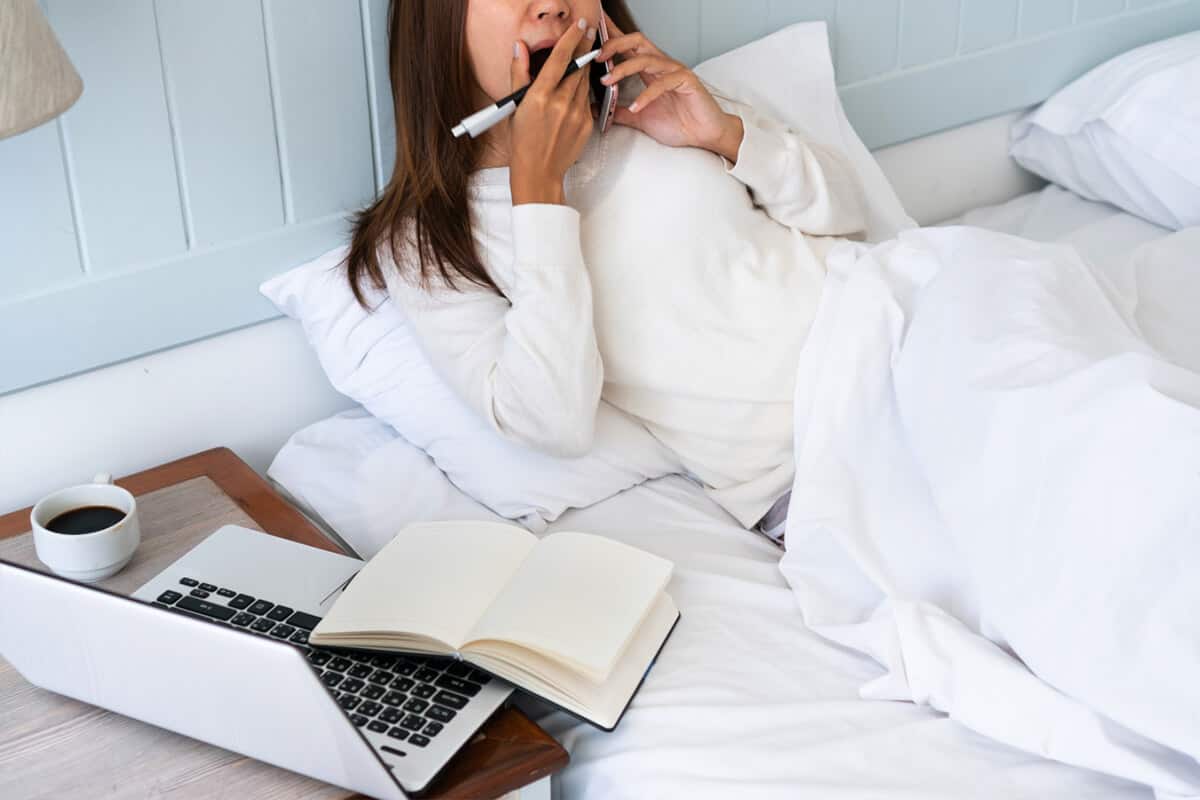
If you want a good sleep, you shouldn’t bring work to bed
When to See a Doctor
If natural methods don’t improve your sleep after 2–3 weeks, underlying issues may be involved:
- Chronic insomnia or circadian rhythm disorders
- Anxiety or depression
- Sleep apnea or breathing issues
- Hormonal or nutrient deficiencies (melatonin, magnesium, vitamin B6…)
Visit a neurologist, psychiatrist, or sleep specialist for diagnosis and treatment.
Good sleep doesn’t happen by chance—it’s the result of knowledge, consistency, and self-care. You don’t need sleeping pills or expensive supplements. Often, the simplest changes—timing, habits, and mindset—are the most effective.
Start your journey to better sleep tonight. A high-quality night’s rest doesn’t just restore your body—it recharges your mind and spirit, helping you live each day to the fullest.



